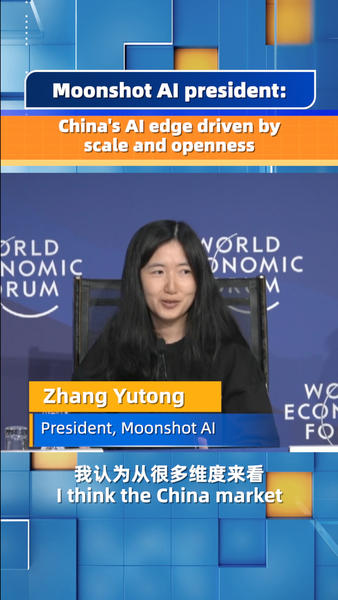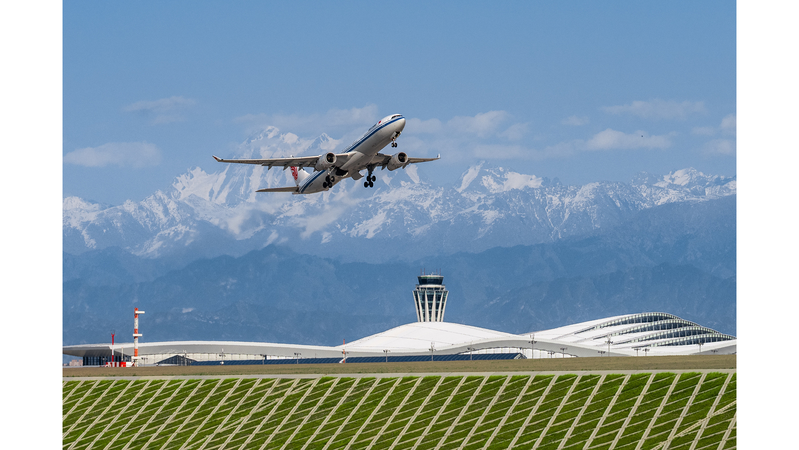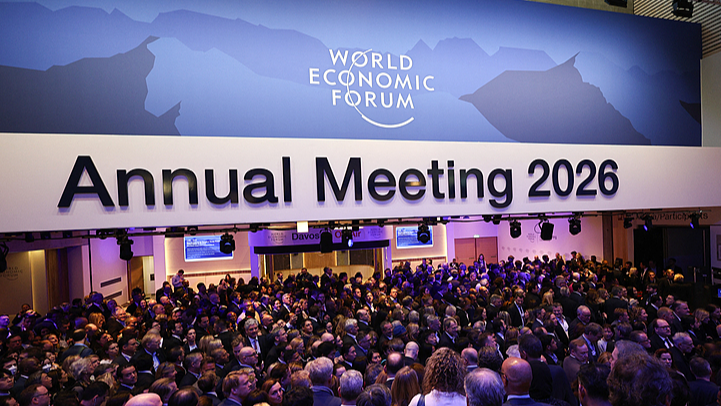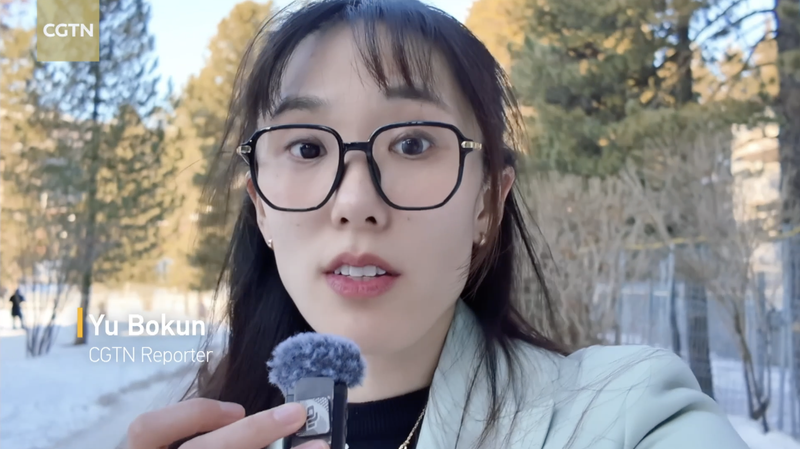Brace yourselves, folks! 😮 The White House just announced a massive tariff hike on Chinese electric vehicles (EVs), jumping from 25% to a whopping 100%!
This move is stirring up quite the buzz. Many are worried that it could backfire, hurting U.S. climate goals, industrial competitiveness, and, more importantly, our wallets. 💸
\"U.S. consumers mostly haven't realized how good and how cheap Chinese-made EVs are, and the new tariff increase will stop them from doing so,\" an article in Foreign Policy magazine highlighted. \"After all, Americans will be slower about switching to EVs if they're left with costly options.\"
The Economist chimed in, noting that \"U.S. domestic producers may also feel less of an incentive to develop cheap goods in the long term, knowing that they are shielded from foreign competition… Behind a 100 percent tariff wall, American officials and corporate bosses will have less urgency to come up with an answer.\"
Industry experts are sounding the alarm 🔔. A report by Reuters pointed out that the tariff hike \"would provide temporary protection for U.S. auto jobs, potentially at the expense of White House efforts to fight climate change by accelerating U.S. EV adoption.\"
Some analysts believe that a trade war in clean technology between the United States and China could drive up the costs of EVs, batteries, and other hardware, keeping overall EV prices high. This could slow down the transition to greener transportation 🚗🌿.
\"If General Motors, Ford, and Stellantis don't have to compete against foreign companies that make EVs, they won't make them. The market will go to BYD,\" said Daniel Becker of the Center for Biological Diversity, emphasizing the importance of competition in driving innovation.
Carlos Tavares, CEO of Stellantis, didn't hold back his thoughts either. Speaking on French television, he warned that placing a 100% tariff on Chinese cars is a \"huge trap.\"
\"When you put a bubble around a market, whether it is the American market or the European market, the first thing you do is create massive inflation within the bubble,\" Tavares explained. \"And when you create inflation, you hurt the purchasing power of the middle class and you accentuate the technological gap between those within the bubble and those outside who are busy conquering the world.\"
With all these concerns piling up, it's clear that this tariff hike could have ripple effects far beyond the auto industry. 🌐 Will this move protect jobs, or will it slow down the EV revolution? Only time will tell.
Stay tuned for more updates on this developing story! 🔄
Reference(s):
U.S. tariffs on Chinese-made EVs 'risk hurting American consumers'
cgtn.com




